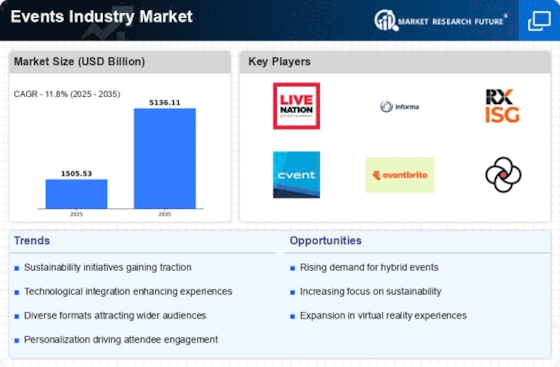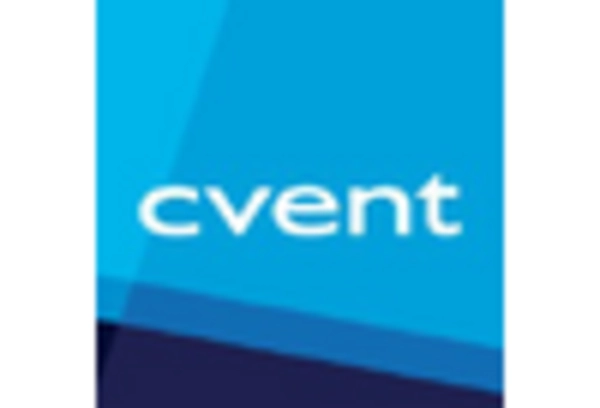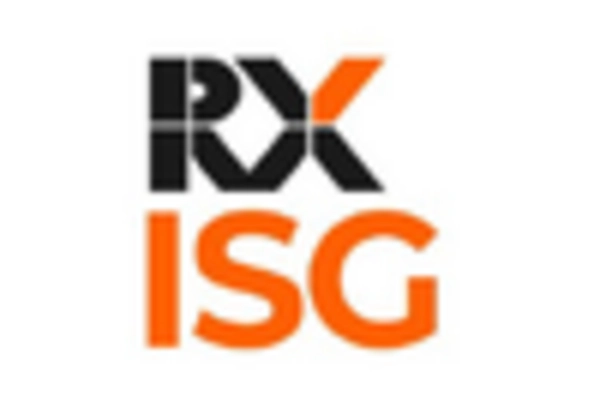Market Share
Events Industry Market Share Analysis
The increasing need for experiential marketing has had a profound effect on the events industry, altering the way that businesses engage with their target audience. Experiential marketing, also known as engagement or live marketing, is when a business creates memorable customer experiences through interaction with them directly or indirectly about its products. Various developments in consumer behavior, technology, and the event planning world significantly impact trends within the events industry market. The major trend identified here is hybrid-virtual integration. A networked economy has catapulted to center stage, bringing about an enormous shift in how meetings are done; many planners have embraced webcasting in order to have unlimited numbers of people attending. Event technology advancements are shaping the events business by focusing on improving attendee engagement, customization, and internet analytics. Event organizers are now using tools such as virtual reality (VR), augmented reality (AR), and artificial intelligence (AI) to create immersive and interactive events. In the event industry, sustainability is becoming more important as large gatherings become more aware of their effect on the environment. Social media has a significant influence on the events industry through Instagram, Twitter, and LinkedIn, among others, which play a central role in promoting, engaging, and interacting with attendees during an event. Event planners apply social media to create hype around their events, sharing highlights about them or even connecting participants. The industry is changing due to experiential events, making them more immersive and memorable experiences that attendees crave. Experiential events give way for interaction through things like interactive installations or themed environments. Health concerns have never been this important in the history of the events industry, especially following the global COVID-19 pandemic. Stringent health measures like sanitization stations, contactless check-ins, and social distancing measures mean that event organizers have done everything they can to ensure safety at these gatherings. Personalized meetings are now being organized where hosts target specific individuals differently based on their needs and want in a party situation. The guests want content tailored specifically for them; they also need networking opportunities, and personalized agendas should be developed so that they suit what an individual wants to achieve professionally or personally during this period. This trend indicates that different participants have varying needs, necessitating custom-made experiences to increase overall satisfaction.


















Leave a Comment